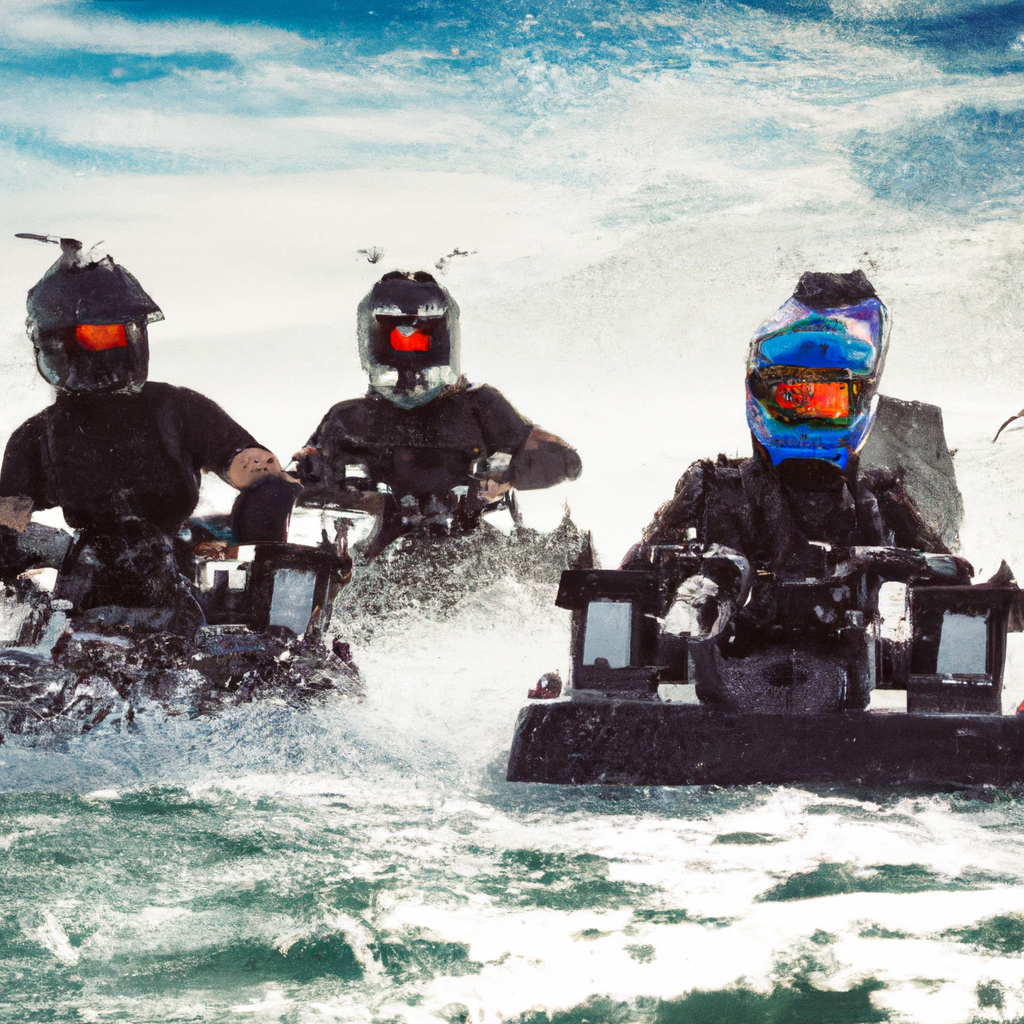Sailing in Cyberspace: Virtual Challenges and Competitions in the Nautical Community

Technology has led to a revolution in numerous areas and the nautical world has been no exception. Technological advances have allowed the creation of virtual challenges and competitions that have captured the attention of the nautical community globally. These initiatives not only offer a new way to compete and learn, but they are also redefining the landscape of yachting. In this article, we will take a detailed look at these changes, exploring the emergence and growth of virtual competitions, how they are transforming the community, and offering some strategies for success in these new nautical challenges.
- 1. "Facing challenges: a look at virtual nautical competitions"
- 2. "Innovation in sailing: the rise of virtual competitions"
- 3. "How virtual competitions are transforming the yachting community"
- 4. "Tools and strategies to succeed in virtual nautical challenges."
1. "Facing challenges: a look at virtual nautical competitions"
Virtual yachting competitions have emerged as a new frontier for sailing enthusiasts, presenting a series of unique challenges that require a combination of technical and strategic skills. These challenges, ranging from precise navigation in changing weather conditions to effective management of the vessel's resources, demand not only a deep understanding of navigation but also dynamic adaptability. However, despite their complexity, these virtual competitions offer participants the opportunity to improve their nautical skills, compete with other enthusiasts from around the world and do it all from the comfort and safety of their own homes. In this sense, virtual yachting competitions represent an exciting fusion of tradition and technology, and are redefining what it means to sail in the 21st century.
2. "Innovation in sailing: the rise of virtual competitions"
Technological innovation has had a significant impact on the world of yachting, and one of the most notable examples is the rise of virtual competitions. These events allow boating enthusiasts to compete against each other without having to physically be on the water. Participants can use realistic sailing simulators that replicate ocean and weather conditions and test their sailing skills. This has not only opened up the sport to a wider audience, but also allows events to take place regardless of weather conditions or travel restrictions. Additionally, these virtual competitions are driving the development of new technologies and strategies in sailing, as participants constantly look for ways to improve their performances in these simulated environments.
3. "How virtual competitions are transforming the yachting community"
Virtual competitions are radically transforming the yachting community, introducing a new level of access and interactivity to a sport that traditionally required a significant investment of time and resources. Sailing simulators and virtual reality applications are allowing sailing enthusiasts to compete in regattas from the comfort of their homes, opening the door to a broader audience of participants. Additionally, these virtual competitions are helping to democratize the sport, eliminating many of the physical and economic barriers that previously limited participation. These new platforms are also fostering a greater community, as boaters can compete and connect with other enthusiasts around the world, creating a global network of boating lovers. Ultimately, this shift to virtual is reshaping the way the yachting community interacts and competes, taking the sport to new heights of accessibility and innovation.
4. "Tools and strategies to succeed in virtual nautical challenges."
Succeeding in virtual nautical challenges requires a combination of specific skills, tools and strategies. Firstly, it is essential to become familiar with the virtual platform being used, as each has its own unique controls and features. A solid understanding of sailing and racing tactics is also vital, as is an understanding of winds and tides, even in a virtual environment. Tools such as sailing simulators can be a great help in practicing and perfecting these skills. Additionally, many of these competitions involve an element of strategy, so understanding how to read the race course, when to take the lead and when to stay on the defensive can make the difference between winning and losing. Finally, as in any competition, perseverance, patience, and the ability to learn from mistakes are qualities that often separate winners from other competitors.
